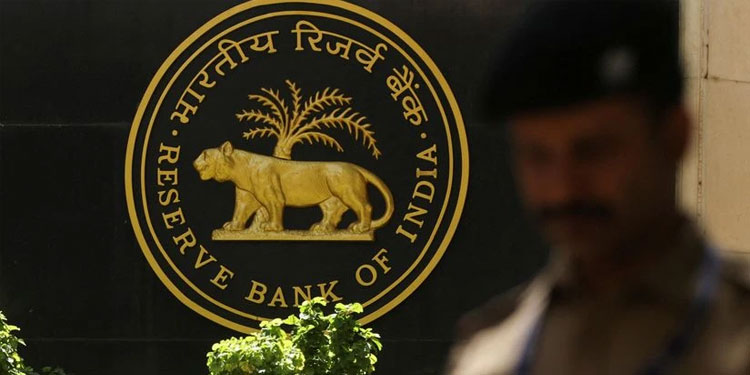 The Indian Reserve Bank has set aside its plan to introduce a digital currency. In April last year, the central bank announced that it was planning to issue its own Central Bank Digital Currency (CBDC) after tightening the noose on the country’s cryptocurrency exchanges, forcing several of them to shut down.
The Indian Reserve Bank has set aside its plan to introduce a digital currency. In April last year, the central bank announced that it was planning to issue its own Central Bank Digital Currency (CBDC) after tightening the noose on the country’s cryptocurrency exchanges, forcing several of them to shut down.
It also established an interdepartmental group to examine the potential benefits and feasibility of the digital currency and present its findings in June 2018. It did not, however, publicize any of the results of the feasibility report. “The government no longer wants the digital currency. It thinks that it’s too early to think of a digital currency,” said a source.
The idea of the regulator in launching the digital currency was to examine key concerns, among other things, about black money, money laundering and cyber security threats. However, the RBI still does not have a formal unit to track technologies such as blockchain and digital currency and to form policy. This may reflect a lack of readiness to trade cryptocurrency.
Praveen Kumar, founder of blockchain start-up Belfrics and cyrptocurrency exchange, opined “It is premature for RBI to launch crypto-rupee, as more understanding of the crypto economy need to be achieved. It is a right decision to delay the process and see how the publicly traded peer-to-peer economy is shaping up.”
The Center should wait and watch the actions of smaller and advanced countries like the United Arab Emirates and Singapore, which plan to convert their fiat currencies into blockchain-powered digital currency.
Kunal Nadwani, a blockchain expert and CEO of uTrade Solutions said “Crypto-currencies will be mainstream and ubiquitous, and governments all over the world will launch fiat cryptocurrencies, whether out of compulsion or choice. Since governments have the power of taxation, and they can declare any digital token as legal tender for payment of taxes, they can have fiat tokens. But it will take time before central banks are able to make this transition because the economic effects of crypto are sizeable and largely unknown.”
While several central banks, including Canada, China, Sweden and Uruguay, consider cryptocurrencies, none of them have come forward. The US Fed also dropped its plan for digital currencies.








